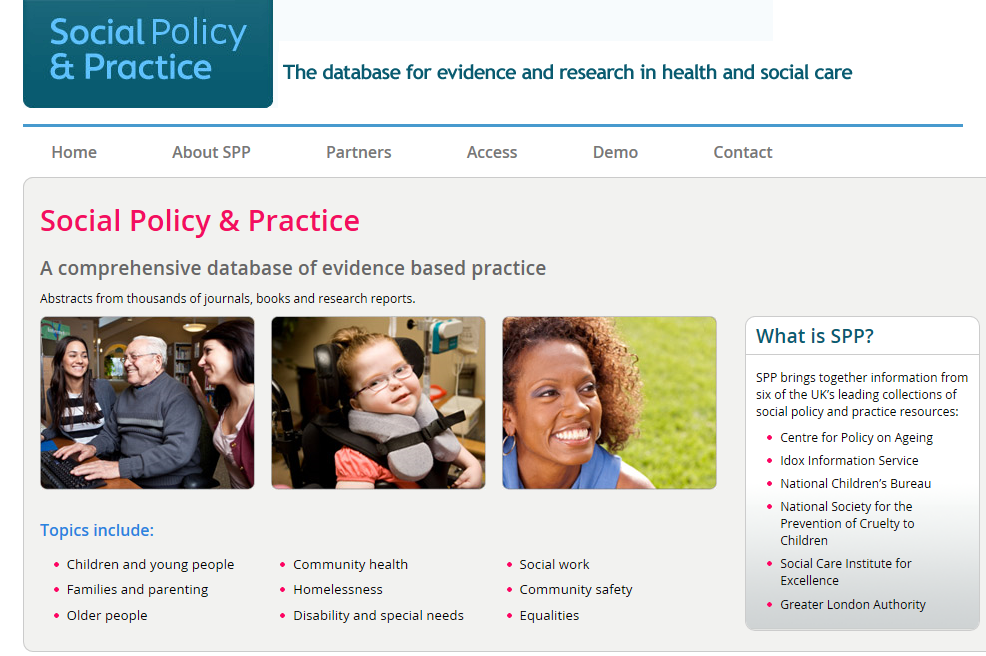 2016 has been described as “make or break time for the NHS”, and with pressures on finances increasing, social care and public health are in the spotlight. Around £1 in every £5 of NHS spending is estimated to be the result of ill health attributable to the big five risk factors of smoking, alcohol, poor diet, obesity and inactivity. Investing in prevention, and understanding the complex wider community and social factors that lead to poor health, is therefore important. In cash-strapped local authorities however, investment in preventative projects can be sidelined in the face of tackling acute issues.
2016 has been described as “make or break time for the NHS”, and with pressures on finances increasing, social care and public health are in the spotlight. Around £1 in every £5 of NHS spending is estimated to be the result of ill health attributable to the big five risk factors of smoking, alcohol, poor diet, obesity and inactivity. Investing in prevention, and understanding the complex wider community and social factors that lead to poor health, is therefore important. In cash-strapped local authorities however, investment in preventative projects can be sidelined in the face of tackling acute issues.
Prevention and behaviour change are linked
Recent health policy has included an expectation that individuals should take greater responsibility for their own health. But where we are talking about behaviour change, there is no quick fix. Glib use of the term ‘nudge’ to promote change can suggest that laziness is the only issue. However, research such as that by the King’s Fund has highlighted that motivation and confidence are essential if people are to successfully modify their health behaviours.
Practitioners within the field of both public health and social care need help understanding what works – but as two great recent blogs from the Alliance for Useful Evidence noted, change can be achieved in multiple ways and evidence shouldn’t be used to prove a service works but as part of a journey of improvement and learning.
We talk about the “caring professions”, but it seems that it can be difficult to maintain a focus on the ‘person not the patient’ when budgets are being cut. Well-reported issues such as the rise in the use of 15-minute home care appointments are just one symptom of this. More generally, making time to consider alternative approaches or learn from good practice elsewhere can be hard. That is where having access to a trusted database can help.
Trusted source of research and ideas
The Alliance for Useful Evidence, most recently in its practice guide to using research evidence, has highlighted the importance of using trusted sources rather than “haphazard online searches”. One of these resources is Social Policy and Practice, a database which we have contributed to for twelve years.
“SPP is useful for any professional working in the field of social care or social work who can’t get easy access to a university library.” Alliance for Useful Evidence, 2016
The partners who contribute to the database – Centre for Policy on Ageing, Idox Information Service, National Children’s Bureau, the NSPCC and the Social Care Institute for Excellence – are all committed to sharing their focused collections with the wider world of researchers and to influence policy and practice.
Social Policy and Practice is the UK’s only national social science database embracing social care, social policy, social services, and public policy. It boasts over 400,000 references to papers, books and reports and about 30% of the total content is grey literature.
Social Policy and Practice has been identified by the National Institute for Health and Care Excellence (NICE) as a key resource for those involved in research into health and social care. And importantly, it supports the ability to take a holistic approach to improving outcomes, by covering social issues such as poor housing, regeneration, active ageing, resilience and capacity building.
Find out more about the development of the Social Policy and Practice database in this article from CILIP Update. Update is the leading publication for the library, information and knowledge management community and they’ve given us permission to share this article.
If you are interested in using the Social Policy and Practice (SPP) database for evidence and research in health and social care, please visit www.spandp.net for more information and to request a free trial.
Read some of our other blogs on evidence use in public policy:
Share
Related Posts
By Donna Gardiner While free school meals (FSM) have been available in England on a means-tested basis since 1944, recent years have seen a renewed focus upon the potential benefits of providing free school meals to all school-aged children. Currently, ....
Today sees the start of Community Garden Week 2023. Across the UK, communities will be celebrating the many and varied types of community gardens, from children’s and neighbourhood gardens to therapy gardens and allotments. The benefits of community gardens are ....
By Hollie Wilson At the start of 2020, an independent review was published setting out what needed to be done to bring about changes to the care system for children and young people in Scotland. At the heart of the ....
The “No Wrong Door” (NWD) programme means exactly that – there is no wrong door to turn to for young people seeking support. NWD works on several core principles, which include working with young people’s birth family or guardians, allowing ....
